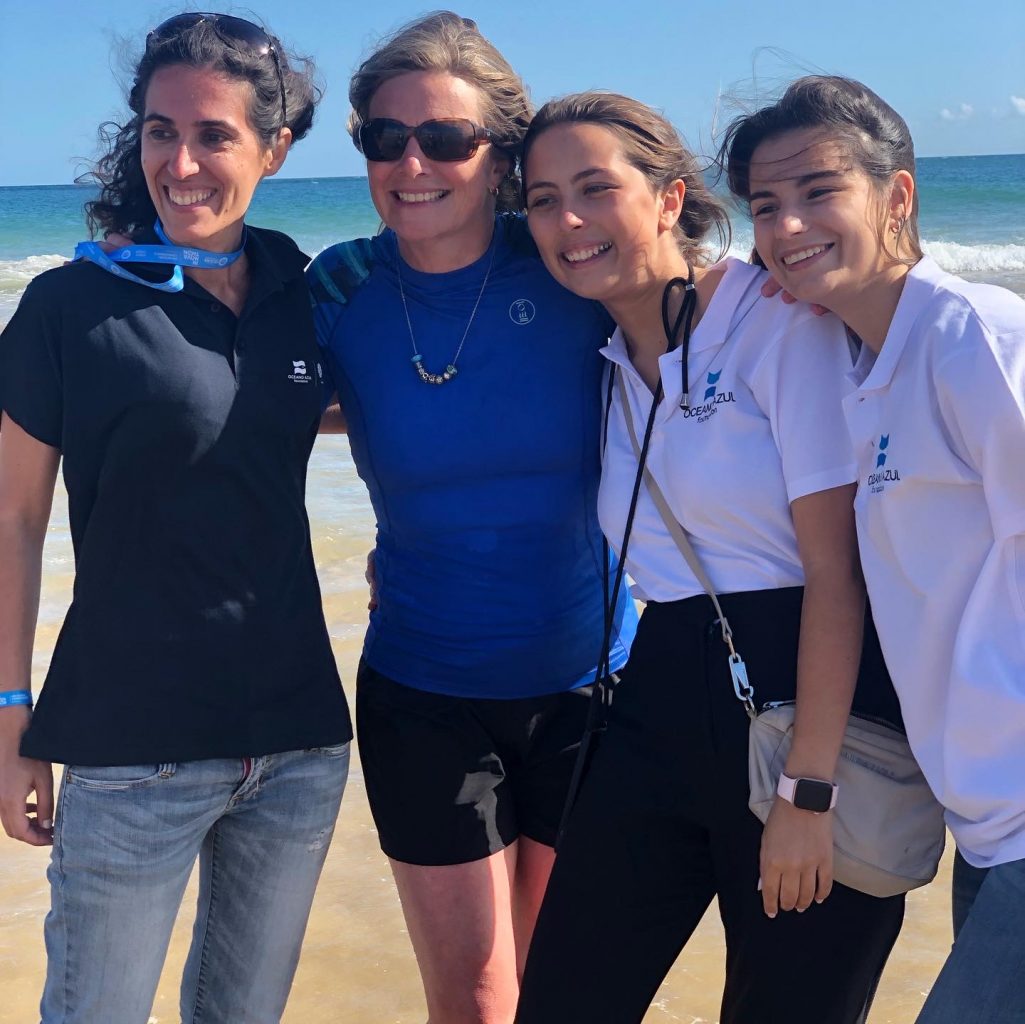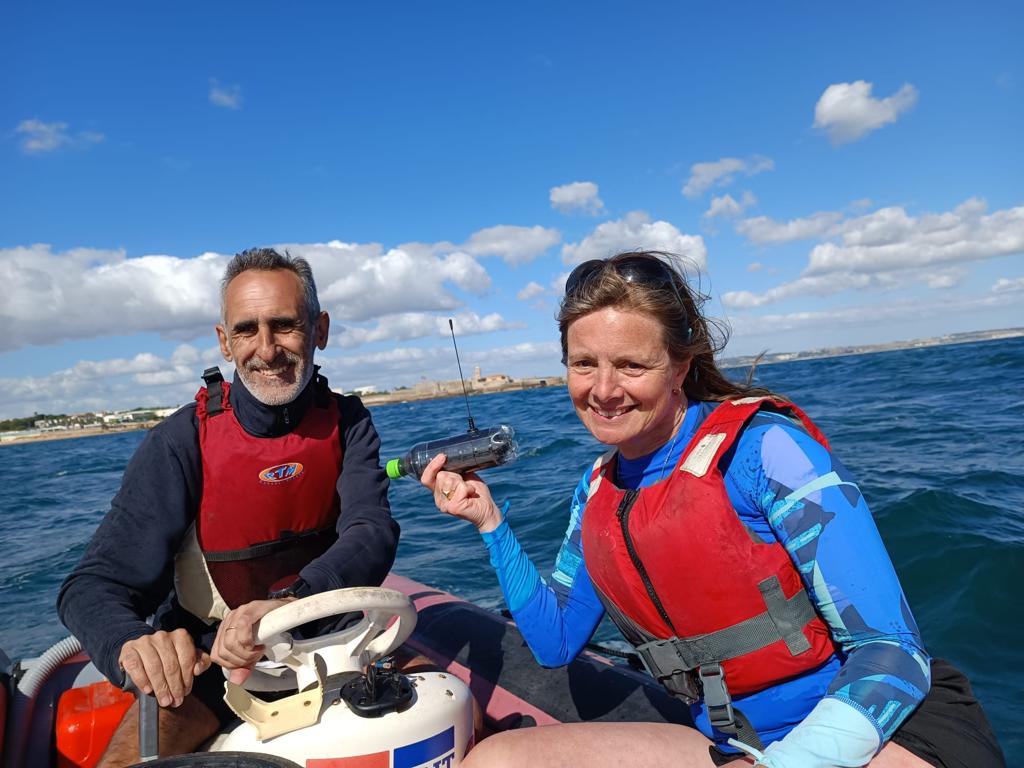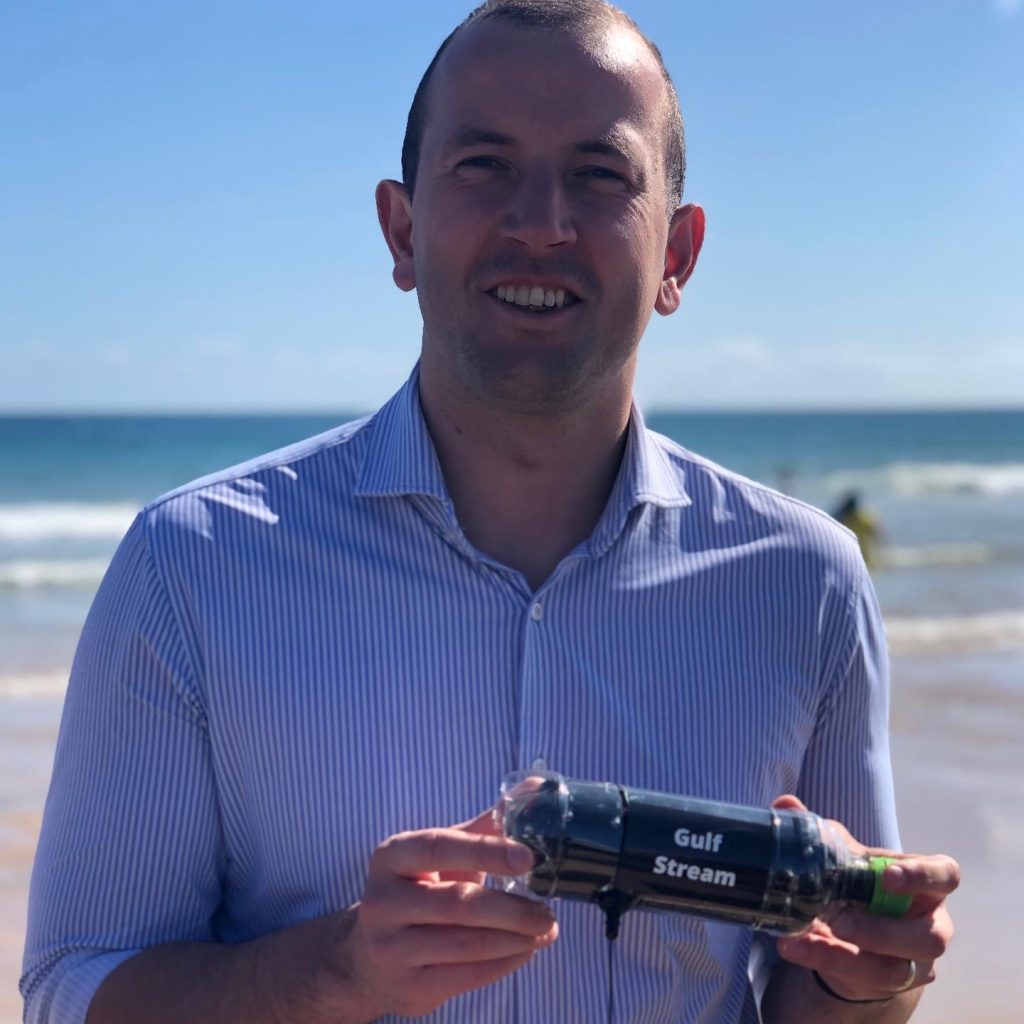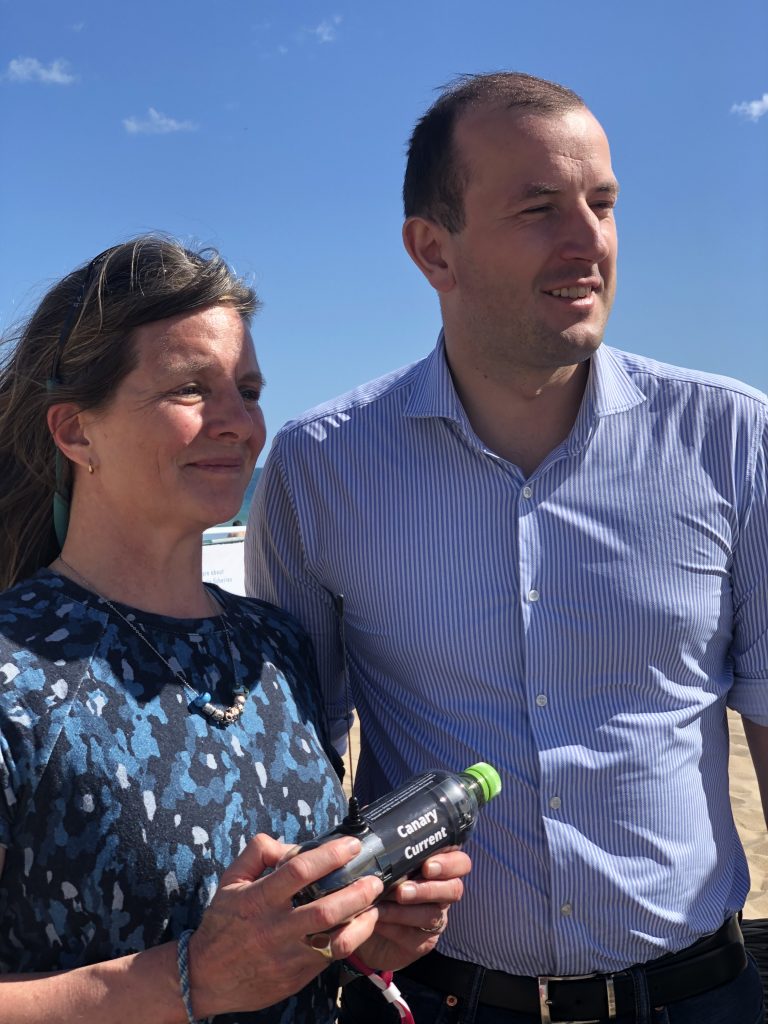LISBON — On Sunday, 26 June, ahead of the United Nations Ocean Conference being held in Altice Arena – Lisbon, a team, led by OneOcean, will deploy special GPS pollution tracking devices from Praia de Carcavelos at 5:00 pm, to help scientists study the distribution of ocean plastic pollution as part of the #EUBeachCleanup, which will also include a microplastic cleanup of the site.
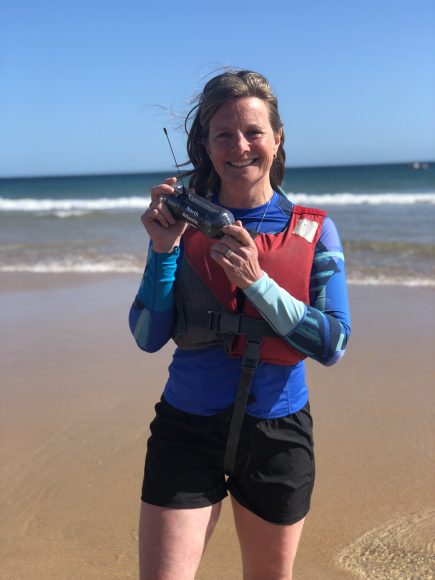
The launch of the devices – modeled to behave like single-use plastic bottles – is part of a collaboration between #OneLess, OneOcean, the University of Plymouth, the University of Exeter, and the Zoological Society of London, and will provide data on how plastic pollution moves through the open ocean and the potential risks it poses to marine wildlife.
Plastic pollution is one of the major human activities – alongside greenhouse gas pollution, habitat destruction, and overfishing – that threaten marine life today and it is vital for global leaders to take action immediately. Gaining a better understanding of how plastics are distributed will help us identify the best ways to design the most effective policies to address the global ocean plastics crisis,
Professor Heather Koldewey of the Zoological Society of London (ZSL) and University of Exeter
Today, much is known about where plastic pollution ends up, places like the Great Pacific Garbage Patch and on the deep seabed. But we know far less about how it gets there. Such information is vital to design the most effective policies to help manage the staggering amount of plastic pollution that enters the ocean every year. In 2016 alone, between 18 and 23 million metric tons of plastic was estimated to have entered marine environments.
The data gathered from the Lisbon launch build on existing information derived from devices deployed last year off Cornwall and Glasgow, UK, during the G7 and COP26 meetings. The data will be analysed to map routes and compared to existing models to help determine what oceanographic factors impact the movement of plastic pollution and help create a better picture of how other man-made items are distributed in the ocean.
In the previous deployments, we have seen bottles stay in the ocean for up to 150 days and the data we are now assessing will give us an insight into the major influences on those journeys. With that, we can not only test the accuracy of current models but also work towards predicting what course other items may take when they transfer from land to sea.
Dr Phil Hosegood, Associate Professor in Physical Oceanography at the University of Plymouth, said:
The trackers have been designed to replicate the flow and movement of a standard 500 ml plastic bottle in open water. To do this, the tracker developers Arribada reduced the tracking technology’s size and weight so it could fit into a bottle, and flow and move in the same way. The trackers are as lightweight as possible and designed to self-right in case they capsize in large ocean swells, responding to ocean currents like real plastic bottles.
This information can be useful for organizations which conduct beach cleanups along the Portuguese coast, and it will help beach users see that their actions can impact coastal communities miles away.
Flávia Silva, Project Manager at Oceano Azul Foundation highlights the importance of the project in offering insight regarding the path of marine litter after it reaches the ocean.
The team is hoping that data collected by these trackers will help to inform and strengthen global action on marine plastic pollution, including the Global Plastics Treaty agreed by the United Nations in 2022, which is due to be finalised by 2024, by demonstrating the connected and vast nature of the ocean and the risk plastic pollution can pose to marine wildlife.
END
About the Experiment
This experiment is funded by the Calouste Gulbenkian Foundation (UK Branch), following the successful #OneLess campaign to tackle plastic pollution at source. The open source tracking data will be connected to satellites and be available on the OneOcean website https://www.oceanprotect.org/
Scientists have tracked bottles over the last year starting from the G7 Summit, through to COP26, to today.
About Marine Pollution
Marine pollution is highlighted as a major challenge by the ground-breaking 2019 UN IPBES (Intergovernmental Science-Policy Platform on Biodiversity and Ecosystem Services) assessment, which states that more than 80% of global wastewater is being discharged back into the environment without adequate treatment, while 300–400 million tonnes of heavy metals, solvents, toxic sludge and other industrial waste are dumped into the world’s waters every year (UN, 2016).
In the UN’s Sustainable Development Goal target 14.1, states pledge to: ‘’By 2025, prevent and significantly reduce marine pollution of all kinds, in particular from land-based activities, including marine debris and nutrient pollution.”(UN SDG, 2019).

